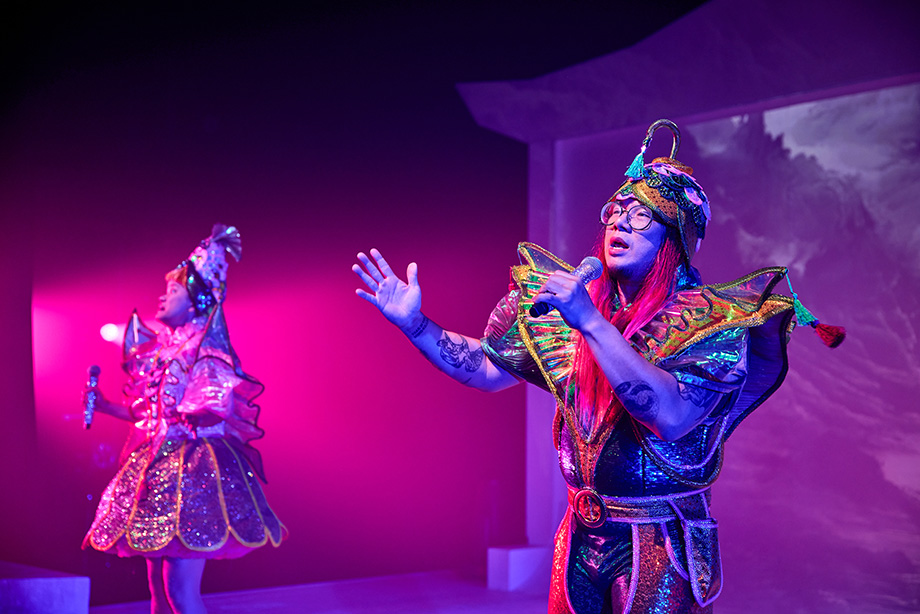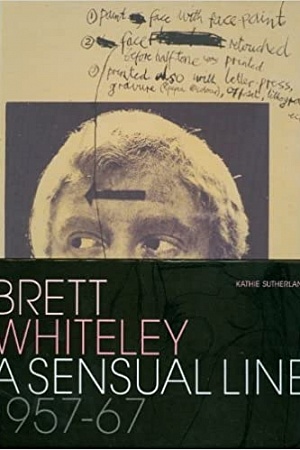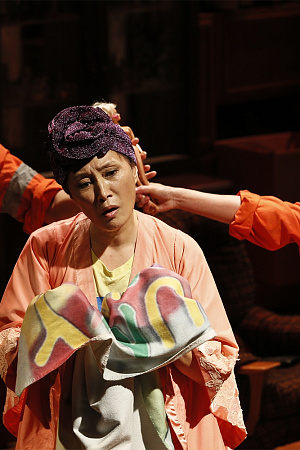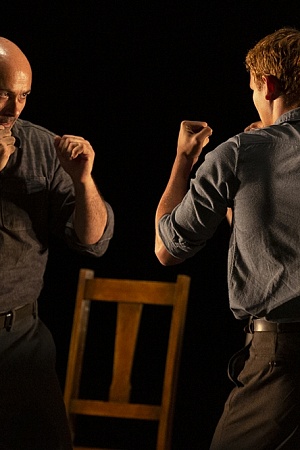Legends (of the Golden Arches) (★★★★) and The Wrong Gods (★★★)

Now in its fifth year, Melbourne’s RISING has entrenched itself in Australia’s festival calendar. Emerging from the ashes of the Melbourne Festival and White Night, it has survived two Covid-19-aborted iterations to become, alongside Sydney’s Vivid and Hobart’s Dark Mofo, a key midwinter arts and culture assembly. It is possible to think, as you gaze up at Flinders Street Station, its yellow façade and green copper dome bathed in that distinctive shade of icy blue, that the festival has come of age. Yet, I’m not sure that founders and co-artistic directors Hannah Fox and Gideon Obarzanek have quelled the sense that RISING remains something of a Frankenstein’s monster, neither its identity nor its purpose fully intelligible.
Continue reading for only $10 per month. Subscribe and gain full access to Australian Book Review. Already a subscriber? Sign in. If you need assistance, feel free to contact us.











Leave a comment
If you are an ABR subscriber, you will need to sign in to post a comment.
If you have forgotten your sign in details, or if you receive an error message when trying to submit your comment, please email your comment (and the name of the article to which it relates) to ABR Comments. We will review your comment and, subject to approval, we will post it under your name.
Please note that all comments must be approved by ABR and comply with our Terms & Conditions.